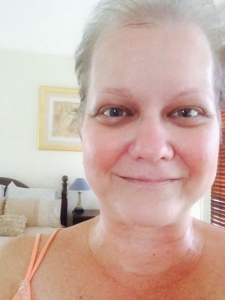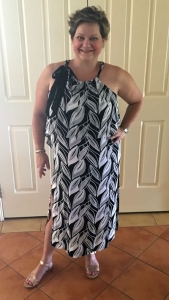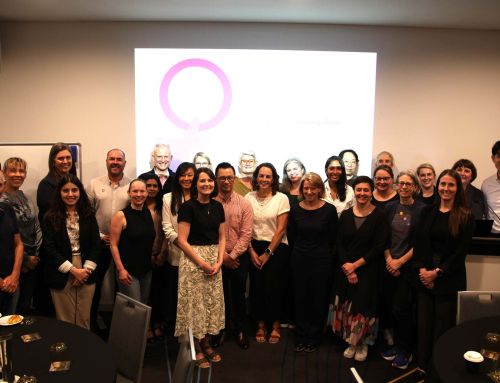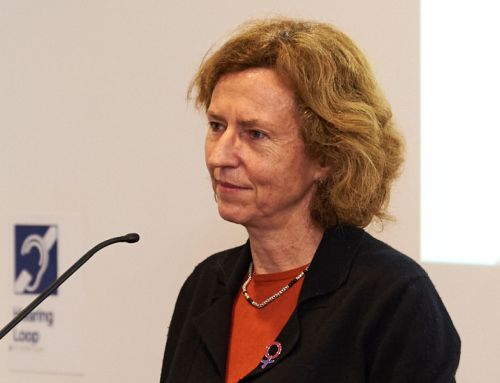
Cath during chemotherapy treatment
Is exercise a new cancer drug? The new ECHO trial will hopefully provide the answer.
Cath was a dedicated stay at home mum who left university in her 20s to support and bring up her three sons. Suddenly last year her world came crashing down when she was diagnosed with advanced ovarian cancer. Like many women diagnosed with a gynaecological cancer she all of a sudden felt isolated and went from being the rock of the household to “a cancer patient.”
After being diagnosed, Cath went a full hysterectomy and then chemotherapy weekly for 6 months. She felt she had aged beyond her years, her joints ached and she lost a lot of her energy and spark. She had been through a lot.
Cath’s oncologist invited her to participate in an ANZGOG clinical trial called ECHO lead by Dr Sandi Hayes, Senior Research Fellow and member of ANZGOG.
What is this new ECHO clinical trial
The ECHO clinical trial seeks to determine whether survival from ovarian cancer improves with physical exercise during chemotherapy treatment.
Exercise is now considered an effective treatment and an important part of overall management of a number of cancers. Will it be the same for Ovarian Cancer? Only a clinical trial can provide the answer. ANZGOG needs to collect evidence about the impact of exercise prescription on survival as well as its cost effectiveness.
“I worked with an Accredited Exercise Physiologist throughout my chemotherapy, who gave me a prescription of exercise each week for me to follow” said Cath.

Cath today
Why we need funding for this very important trial
At present ANZGOG has enough funds to recruit just over half the number of women needed to complete the trial. “The ball is rolling and we now need more funds to reach the recruitment target of 500 women and to analyse, report and disseminate the research findings” said Dr Hayes.
One of the key features of the trial is that exercise prescription is being delivered in the same manner it would outside the trial in every day therapy.
“If the results from this trial prove positive, we are well placed to incorporate exercise into standard cancer care rapidly” Dr Hayes explains.
Cath is certain that if she didn’t do the exercise prescribed she would be sitting nearly permanently on the sofa. She knows she is doing better than she would have without exercising “because exercise not only activates your body but also your mind.”
Cath is now well and is returning to university to study a combined degree in social work and criminology and justice. “I see it being a rewarding life and career choice, helping to empower others in their own life crisis” said Cath.
We know that women who have a gynaecological cancer should avoid sedentary behaviours, but we have much more to learn to be able to confidently say that we know what to prescribe and when in order to improve survival.
How you can take part in this new, very important research
“Like medication, exercise too needs to be evaluated carefully to ensure the end results will benefit and not harm the patient” says Dr Hayes.
Find out more about the ECHO trial, or make a donation to support this research.











